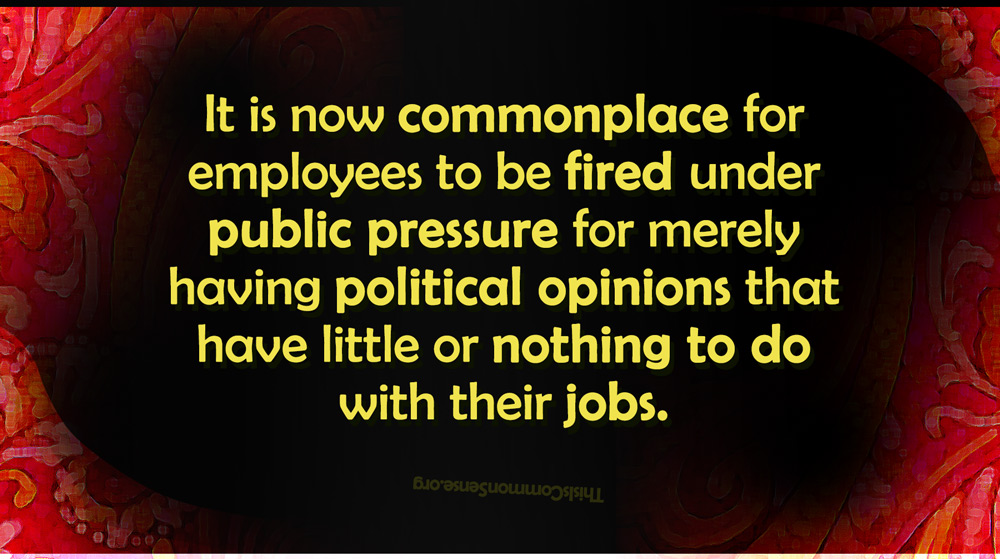How far will a California lawmaker go to try reverse a validly enacted and also very good citizen initiative?
In 1996, California voters passed Proposition 209, the California Civil Rights Initiative, which prohibits the state government from imposing race-based, ethnicity-based, or sex-based preferences.
Prop 209 added a section to the California Constitution stating that the government “shall not discriminate against, or grant preferential treatment to, any individual or group on the basis of race, sex, color, ethnicity, or national origin in the operation of public employment, public education, or public contracting.”
In 2020, friends of racial discrimination tried to revive racial preferences through a referendum. But voters shot it down, even though proponents outspent opponents 14 to one.
Now California Assemblyman Corey Jackson wants to revive racial preferences another way. His bill, ACA7, would not touch the language of Proposition 209. But it would empower the governor to make exceptions. What exceptions? Any he wishes, as long as he spews the right rationalizations when he does so.
Law professor Gail Heriot, who has launched a change.org petition to oppose the measure, says that “ACA7’s proponents are hoping that voters will be fooled into thinking that it is just a small exception. In fact, it gives the governor enormous power to nullify Proposition 209.”
ACA7 has passed the House and now goes to the state senate, awaiting the magic of legislative action. Heriot says Californians should let their senators know where they stand on the bill. I don’t disagree.
This is Common Sense. I’m Paul Jacob.
Illustration created with PicFinder and Firefly
—
See all recent commentary
(simplified and organized)









